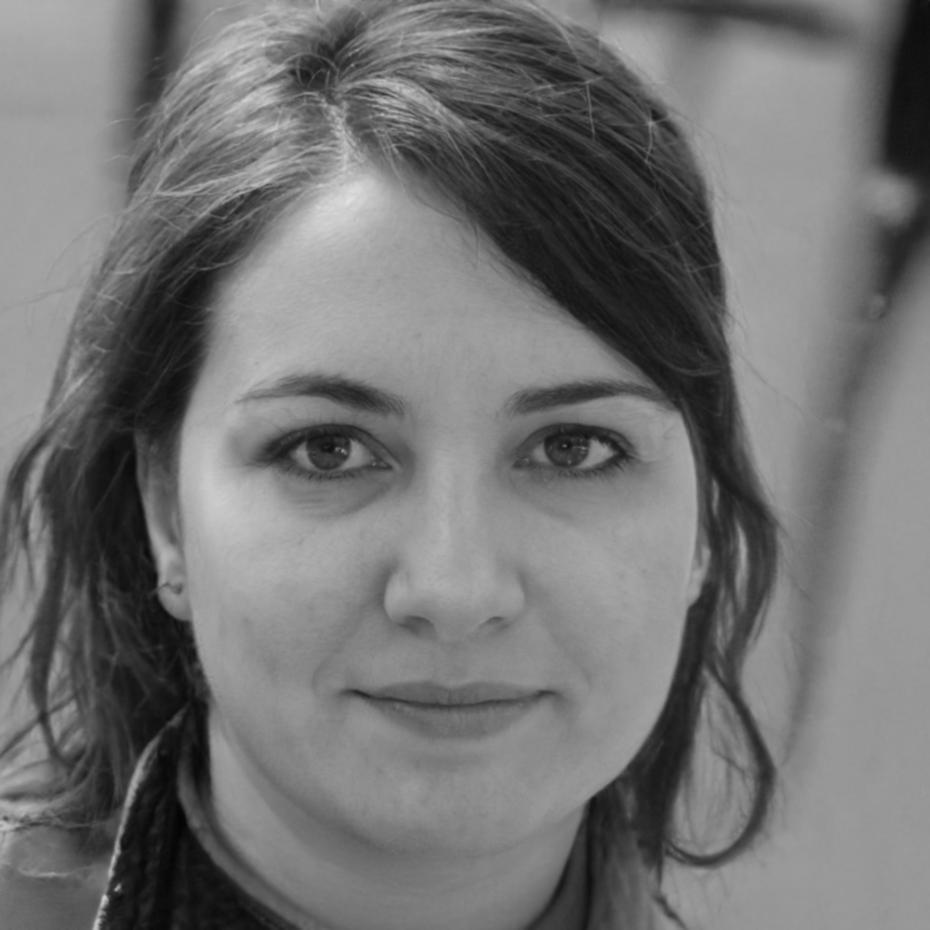Money doesn't need to be complicated
We built zylaraqenti because spreadsheets felt like homework and most budgeting apps tried too hard. Sometimes you just need to see where your money goes without a finance degree.
Start LearningMost budgeting advice misses the point
We've all seen those articles telling us to skip the daily coffee. But that's not where money actually disappears. It vanishes in subscription services you forgot about. In 'just this once' purchases that happen three times a week.
Our approach focuses on patterns, not perfection. You'll learn to spot the real money drains—not because we lecture you, but because you'll actually see them.
It's about building awareness first. The rest tends to follow naturally once you know what's really happening with your accounts.

How we actually teach this stuff
Track without judgment
Spend two weeks recording everything. No cutting back yet. Just write it down. Most people are shocked by what they find—not because they're spending on big items, but because of the twenty small things they didn't notice.
Find your actual priorities
Look at your spending patterns and ask one question: does this match what I care about? If you value time with friends but spend more on streaming services than social activities, that's useful information. Not a moral failing.
Make small adjustments
Pick one thing to change. Not five. One. Maybe you realize you're paying for gym memberships at two places. Cancel one. See how that feels for a month before changing anything else.

Why this works better
Traditional budgeting tries to control your behavior with strict categories and limits. That works great until life happens—car repairs, birthday gifts, or just a rough week.
We teach a different approach. Think of your budget as information, not rules. When you understand your patterns, you make better decisions naturally. Not because you're following someone else's system, but because you actually know what trade-offs you're making.
You're not trying to become a different person. You're just trying to spend money on things that actually matter to you instead of things that don't.

I expected another boring finance course. Instead, I learned why I kept running out of money two days before payday. Turns out I was spending almost four hundred a month on takeaway because I was too tired to cook. Now I meal prep on Sundays and actually have money left over.
What you'll actually learn
Understanding your baseline
Before you can change anything, you need to know where you're starting from. We'll show you how to track spending in a way that doesn't feel like punishment. Most people discover they're spending money in places they didn't even realize.
Spotting the leaks
Money disappears in predictable ways. Subscriptions you signed up for and forgot. Impulse purchases when you're stressed. Convenience fees that add up. You'll learn to identify your specific patterns—because everyone's different.
Building simple systems
Forget complicated spreadsheets with fifty categories. We teach you to create systems that take five minutes a week to maintain. Because if it's complicated, you won't do it. And a budget you don't use is completely useless.
Planning for reality
Life doesn't fit into neat monthly boxes. Cars break down. Friends get married. You get sick. We'll show you how to plan for these things without needing a crystal ball or a massive emergency fund you'll never build.